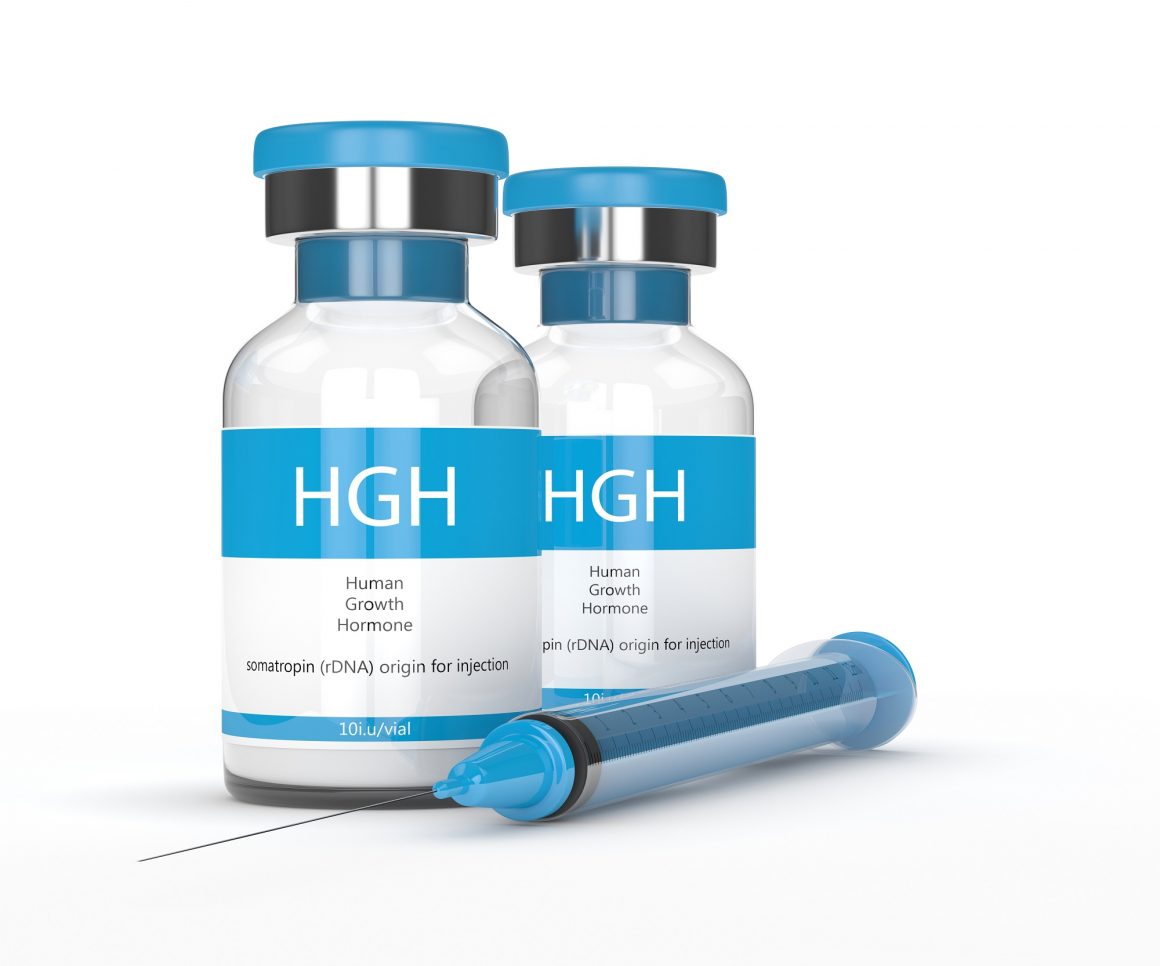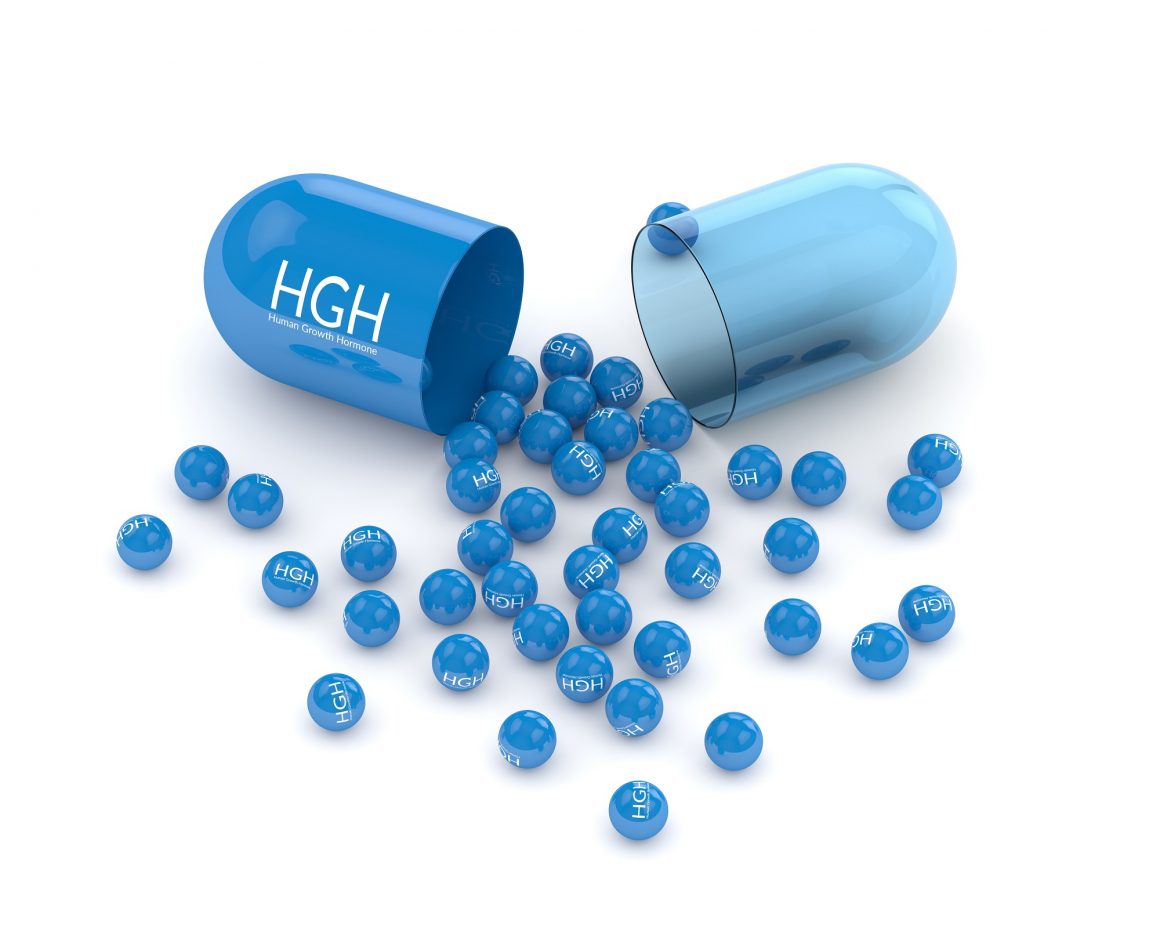Human growth hormone (HGH) has received a good deal of attention in recent years as a performance enhancing drug for athletes and for a vast array of claims made by dietary supplement manufacturers regarding its antiaging properties.
HGH is created by the pituitary gland, an organ roughly the size of a pea located at the base of the brain. Our bodies produce HGH during childhood, with peak production in puberty and then a slow decline in production for the remainder of our lives. It’s often claimed that HGH injections or oral supplements called HGH releasers can help reverse the effects of aging by increasing the amount of HGH in our systems.
Does HGH Reverse Aging?
Along with the decrease in HGH comes diminished muscle and bone mass as we age. This lessening of HGH production is natural and little evidence exists to suggest that it can be changed through the use of HGH.
In fact, a study published in the journal Clinical Interventions in Aging concluded that “natural decline in growth hormone levels during aging likely contributes to concomitant alterations in body composition and vigor but also may be offering important protection from cancer and other age-associated diseases.”
While there are adults who need HGH supplementation for legitimate health reasons, there is little reason to take it unless your doctor has prescribed it. An examination of studies by researchers at Stanford University over the last 30 years involving older adults showed that subjects treated with HGH gained an average of 4.6 pounds of lean body mass while shedding a similar amount of body fat. But not much else, from insulin and cholesterol levels to bone density and muscle mass, changed.
There was, however, an increased correlation in side effects, particularly carpal tunnel syndrome, fluid retention, joint pain and breast enlargement in males.
Most studies concerning HGH have been done mice, raising questions about their validity given the difference in aging processes between humans and mice.
But one analysis published in The World Journal of Men’s Health raised concerns over the similarities rather than the differences in its conclusions, stating: “In both humans and mice, elevation of growth hormone levels into the supranormal (pathological) range is associated with increased disease risks and reduced life expectancy likely representing acceleration of aging. The widely advertised potential of growth hormone as an anti-aging agent attracted much interest. However, results obtained thus far have been disappointing with few documented benefits and many troublesome side effects.”
Is HGH Safe for Seniors?
The Stanford researchers were adamant about the increased likelihood of side effects and minimal health benefit of HGH for seniors.
“Growth hormone cannot be recommended for use in healthy elderly patients,” the researchers concluded. “Although growth hormone has been widely publicized as an antiaging therapy and initial studies suggested that it might be clinically beneficial and safe in the healthy elderly, we find little evidence to support these claims.”
In the end, long term studies examining important clinical events such as fall and fracture rates, measures of healthy functioning, quality of life, and decreased morbidity and mortality from vascular diseases need to be performed. This will help determine if for HGH has a role to play in legitimate antiaging protocols. But for now HGH use for anti-aging purposes is currently illegal under US law outside of limited clinical trials.


